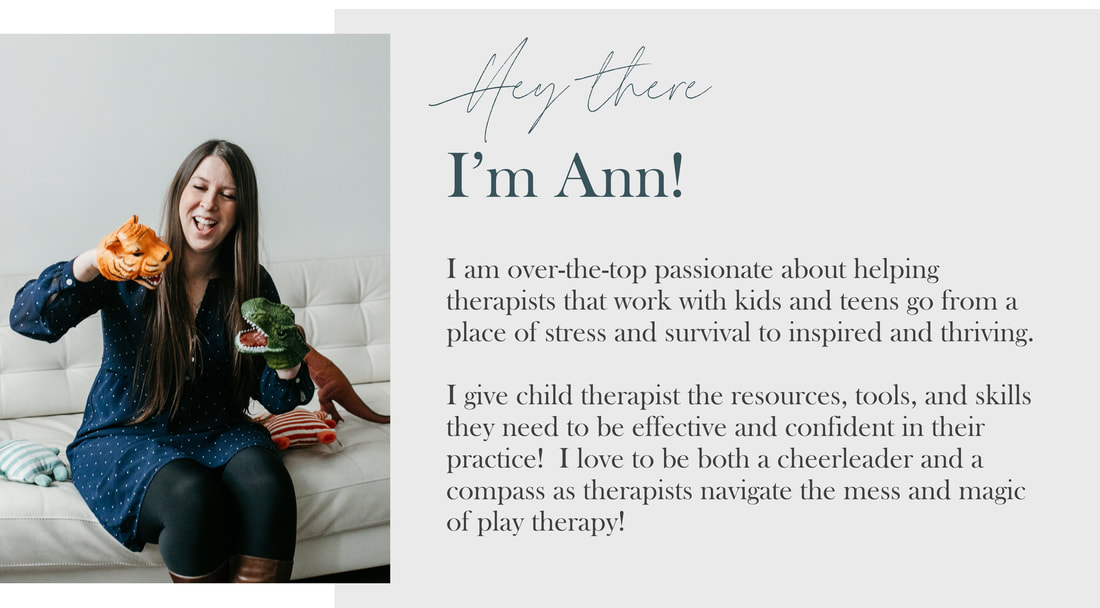|
Validation is a powerful parenting tool that is a part of many parenting programs.
So, what exactly is validation? Validation is the recognition and acknowledging the inner experience and feelings in the moment without judgment. Holding the situation and the internal response as a valid experience given the circumstances and the child’s history.
And as simple as this sounds, it can be a really complex skill for parents, especially if they did not have an attachment system that validated their feelings and experiences.
A quick example? Let’s say there is a child who absolutely LOVES the color green. Let's set the stage that maaayybe it’s summer. And this child might be at soccer practice, and at the end of practice the coach pops open a cooler with Freezies! YES! Well, maybe this child is the last to the cooler and there are only red, pink, and blue available options. Whoa. This child really had their heart set on green (see previous note that it is their FAVORITE color) and then the child begins to cry saying it’s not fair. Validation sounds like “I can totally understand how sad and frustrated it makes you feel to not have your favorite color, that is really tough”. Invalidation sounds like “Stop crying, it’s just a Freezie - you are going to get a treat so you should be happy! Here, let’s pick the blue one - blue is close to green right?” Invalidation can also sound like “Don’t cry, you can have a green Freezie when we get home”. Complicated right? And sometimes parents think the last example or a number of other different responses are validation when they might not be! Sometimes it’s easier to identify what validation isn’t. It isn’t attempting to fix or solve the problem, correcting, providing consequences, or focusing on what should have happened. It is simply honoring the feelings and experiences of the child. I wanted to offer you a resource and handout for parentsHERE. It details the 6 levels of validation with specific tips for both verbal and nonverbal validation. The levels of validation were developed by Marsha Linehan, Ph.D., who created Dialectical Behavior Therapy (DBT). Dr. Linehan recommends engaging in the highest level of validation you can, which means that there is an understanding that not every parent can be at Level Six at all times. Check out this summary of all the levels below: Level One: Active Listening With level one we verbally and nonverbally indicate to the child we are listening. We are present in the moment with the child and their feelings and difficulties. Level Two: Accurate Reflection We summarize and paraphrase what the child has said to demonstrate we are listening. This can also help children untangle and make sense of their own thoughts and feelings. Level Three: Stating What Hasn’t Been Said Out Loud This level is a bit more complicated and involves assessing behaviors and context to guess what they might be feeling or thinking, worried about, or wanting. Level Four: Validating Using Past History or Biology In level four it is all about context. We help the child understand how the response is reasonable and makes sense based on their history. It gives context to their feelings. Often times we can convey this with an “Of course” statement. For example “Of course not having a partner in gym class was so upsetting given your history of being bullied at your old school”. Level Five: Normalizing Here we recognize that feelings are human and normal. We normalize that the current reaction is one that anyone might have. Level Six: Radical Genuineness This level is about deeply understanding and relating to the child’s experience. Don't forget to grab a copy to print off and share with parents HERE! What about you? What are your favorite tips for helping parents with validation in your child and teen therapy practice? Share your favorites below! Loading...
1 Comment
4/27/2023 05:21:55 am
Very nice article, exactly what I needed. Very useful post I really appreciate thanks for sharing such a nice post. Thanks
Reply
Leave a Reply. |
Hi, there!I'm Ann Meehan, an LPCC, Loading... Archives
July 2024
Categories
All
|
Privacy Policies | Terms of Use | Disclaimer
Contact
[email protected] | Copyright Meehan Mental Health Services 2022
Contact
[email protected] | Copyright Meehan Mental Health Services 2022







